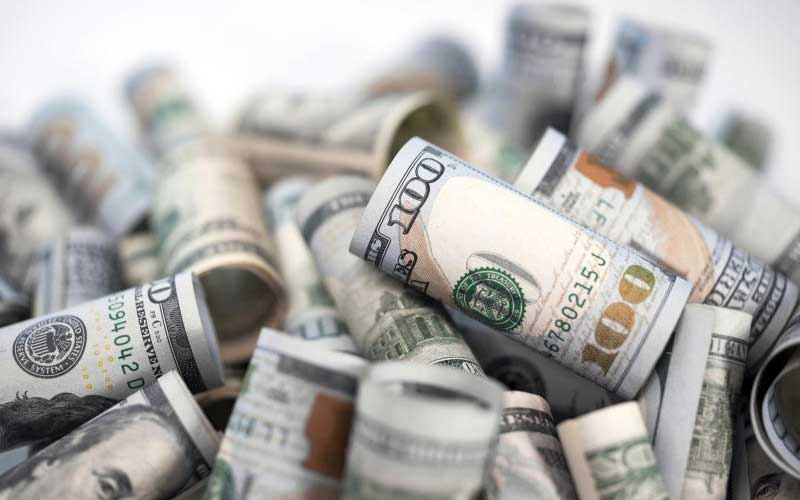×
The Standard e-Paper
Join Thousands Daily

Kenya’s reserve of foreign currency at the International Monetary Fund (IMF) has been doubled to Sh75 billion, boosting the country’s external position.
Treasury Cabinet Secretary Ukur Yatani told The Standard that Kenya’s quota of special drawing rights (SDR) at the IMF had been doubled from an equivalent of Sh37 billion.







